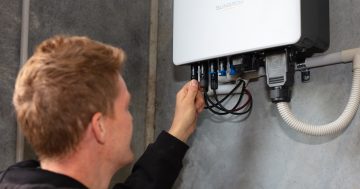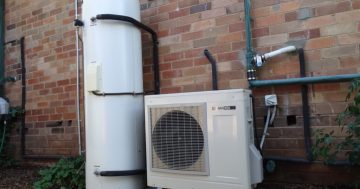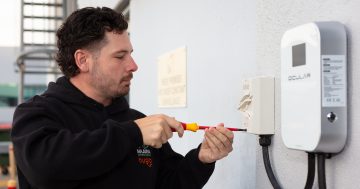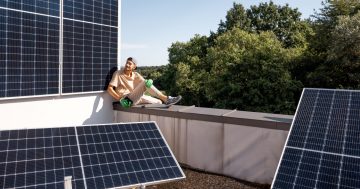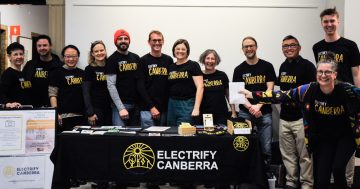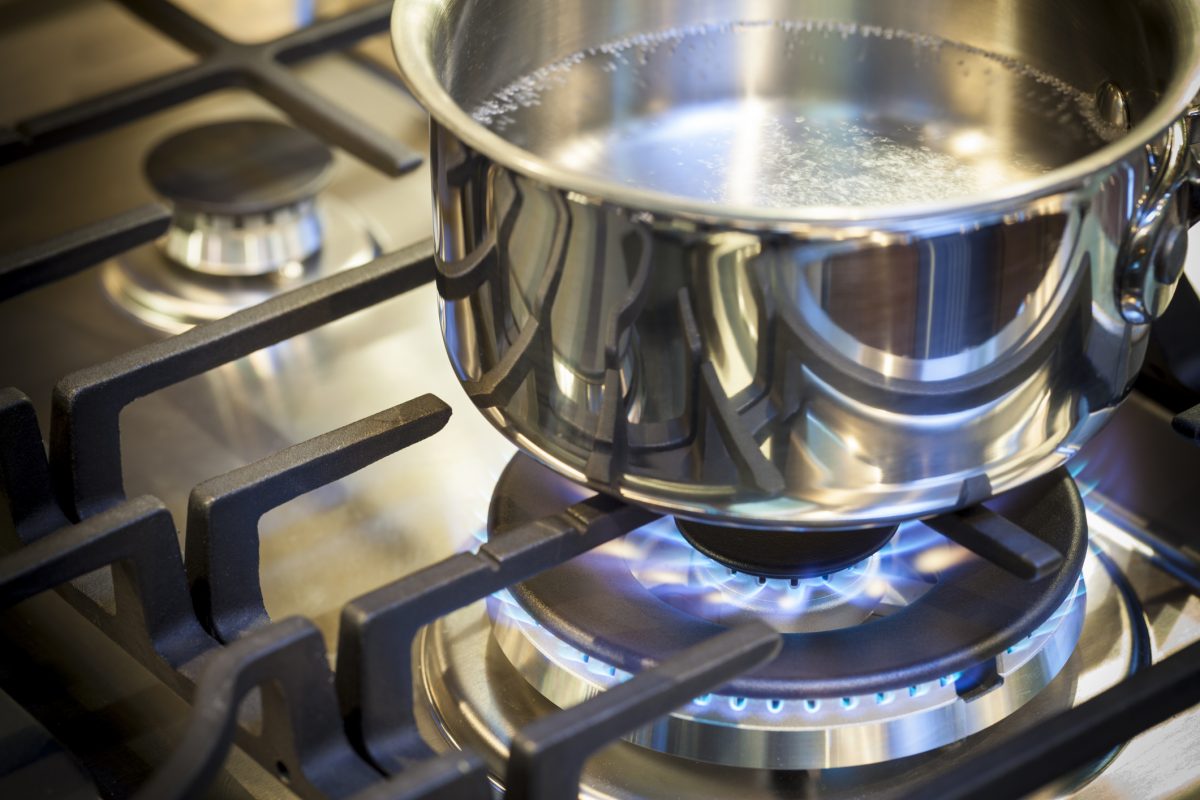
Gas cooktops have about a third of the energy efficiency of electric. Photo: Bill Oxford.
There’s a lot of talk about the financial benefits of switching from gas to electricity – but have you crunched the numbers?
Huglo Solar co-director Lee Hindley has, and he reckons the right system can slash your energy bills by up to 60 per cent.
Savings can vary greatly, and while online deals for solar power systems might look good on paper, the economics only work in your favour if you can figure out what you use and how you use it. Lee says it mostly boils down to three main appliances – cooktop, hot water system and heating system.
Gas cooktops are perhaps the most tangible test subjects.
“When you cook with an open flame, only about 30 per cent of the heat generated by burning that gas is transferred to the pan, and the rest heats the air around. With induction cooktops, it’s about 90 per cent,” Lee says.
“It’s a clear winner in terms of efficiency, the environment and your hip pocket, but also possibly your health, as open burning of natural gas in your home has also been shown to be a trigger for asthma sufferers.”
As for hot water systems, electrical heat pumps are up to four times more efficient than their gas counterparts according to Lee.
He says gas at best provides a “coefficient of performance” of 0.8 per cent, meaning only 80 per cent of the potential energy gas provides actually heats the water. Hot water heat pump systems on the other hand have a coefficient of performance of up to four.
“That means 1 kW of electrical energy can provide up to 4 kW of heating energy, making them incredibly efficient,” he says.
The two options for gas are gas storage tanks and instantaneous hot water systems. A storage tank costs a family of four about $650 a year, while an instantaneous costs about $500.
Using a heat pump on the standard electrical tariff would cost that same family of four about $300.
“Gas water systems were great when they first came out and definitely cheaper than electrical alternatives. But the technology has changed and now people using renewables are better off,” Lee explains.
“With a heat pump tied to the right solar system, a hot water system can run almost entirely on green energy and effectively reduce your water heating bill to $0.”
The usage rates alone make a compelling case before you factor in gas supply charges, which Lee says come to roughly $1 a day simply to have gas connected to your home.
Whether this is worthwhile depends on the number of gas appliances you’re using.
“If you’ve mostly switched to electric and only have gas connected for your hot water system, then you’re paying $650 in usage a year plus an extra $1 per day just to keep the connection for that one appliance. So you’re paying a thousand bucks a year just to heat your water,” Lee points out.
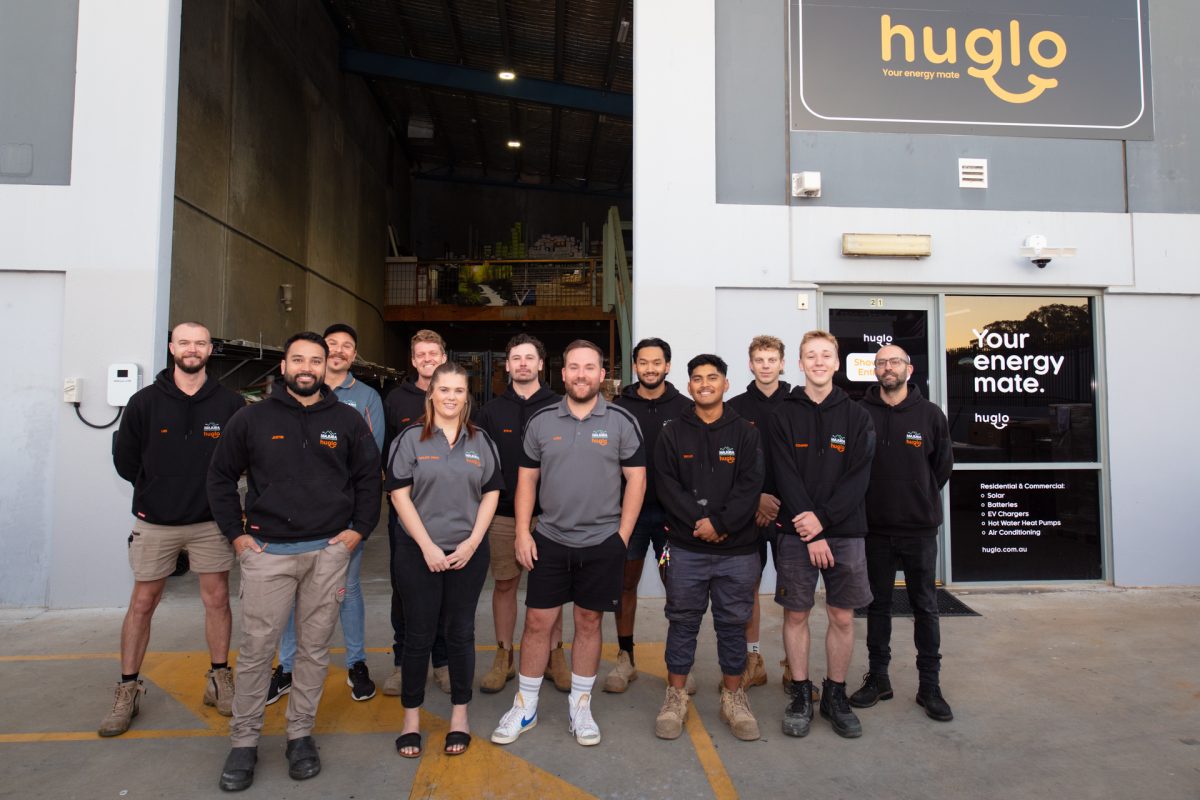
To work out the systems that’ll work best for you, get help from reputable professionals. Photo: Thomas Lucraft.
Household heating systems, which Lee says likely account for the biggest energy expense for most Canberrans during winter, have the potential to save people thousands.
He says reverse-cycle air heating systems are about half the cost of gas-powered ducted systems.
If you’ve invested in a battery, you can further offset your costs by still allowing your solar power to continue powering these appliances through the night. With the right system, you can heat your water through the day, cook your meals at night and keep cool in the summer and warm in the winter, all powered by your own renewable energy.
The economics only work in your favour if you’re exporting your excess energy.
“What providers give you for the energy you export is about a third of what they charge you. So make sure you’re only selling energy you don’t need,” he said.
“If you combine all of this with a time-of-use electricity plan, you can aim to only draw the small amounts of power you need from the grid to be at the cheapest possible price.”
“Remember the goal is to be self-sufficient, so always consume your own energy directly first.”
Government discounts can save you hundreds on installation costs, and incentives like the Sustainable Household Scheme, which offers eligible ACT residents 10-year interest-free loans of up to $15,000, are helping residents get off the gas.
Lee says even if you don’t require financing, it’s a “no brainer” to keep the money in your own pocket as long as possible, but many residents put it off due to the cumbersome application process.
It’s one way Huglo sets itself apart.
“Our team can run through the customer’s usage and all the requirements to apply for the scheme and do paperwork on their behalf,” he says.
“I underwent the application process myself when I installed a heat pump in my home, and it was awful. Our team does it several times a day, so it’s like clockwork and takes the headache out of the process.”
For more information, contact Huglo.












